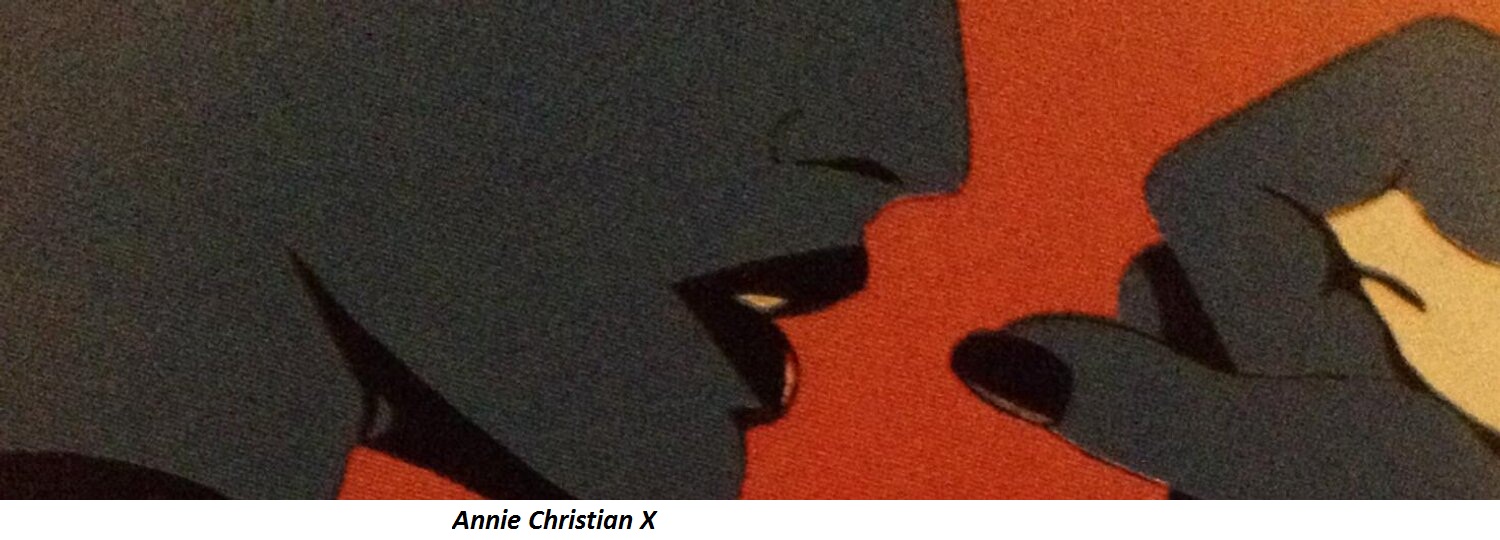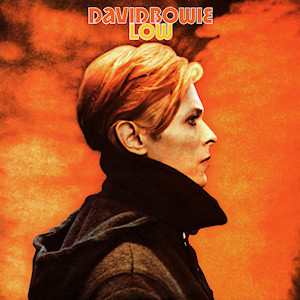A Rather Low World: Fallout from Bowie’s Low Album Continues to Impact Today’s Music
If you scored a copy of David Bowie’s Low back on its original release in early January 1977 and chose to hear it in its entirety, you need to be congratulated for partaking in an unapologetic feat of both grandeur and audacity because you got to experience then a future that is happening now in music. One that could have easily alienated you into a serious fear of music for the rest of your days. Or, you could have been a hapless geek, like yours truly, that gleefully sustained all the intentional weeding-out of ill-fitting fans that followed each of Bowie’s post-Ziggy releases. Bring it on! was my motto and Bowie did.
I am and have been an avowed Bowie nerd. These days, when I look back onto the nearly four decades that have passed so swiftly without my consent, I can see a landscape of forever changed music that lays waste in Low’s wake. Looking back, I can clearly hear the rumblings in that first startled listen of all the exultantly electronically driven beats of Skillex’s truimphant techno. I can watch Panda Bear’s (aka Noah Lennox) flawless rendition of “You Can Count On Me” live at the Electric Ballroom in London, circa 2011 on Youtube— or anywhere else in the more imminent present—-take me back to the night where Bowie first imposed the sparse yet mesmerizingly alien, new sound of synthesizers onto a mass audience at Madison Square Garden during his Stage tour, also dubbed the “Low” tour, of 1978. I can tell you, unequivocally, that it was a moment in music history and being there was its own reward.
This purely otherworldly masterpiece, with its still unapologetically avant guard sound, pushed all existent standards in music into the unknown—into a future. From its hauntingly instrumental, sparse, classical B side, to its fragmented yet more relatable intro, Low was released to critically mixed reviews and to the dismay of RCA, that considered it the final nail in the coffin, fearing it to be a suicidal move by its reckless maker, particularly as it related to their bottom line. Was it any wonder that it proved to be the hardest album to buy back then? I had to walk two miles in the snows of NYC as a hapless teen. Record stores were returning it in droves—only to fuel RCA’s paranoia.
Bowie, however, was steadfast, not giving a damn, reassuring me that all these factors combined, heralded the mark of genius. And he was right. Suffice it to say, RCA was wrong, not in the fact that the world wasn’t ready, but in their premature prediction that Low was the final nail in the coffin—because Bowie went on to crank out two more albums much like it, known as the “Berlin Trilogy”, that would further change all landscapes in music. Never underestimate a genius driven by no other motive than that of discovering where his art fits into the grandest and most expansive scheme of things.

